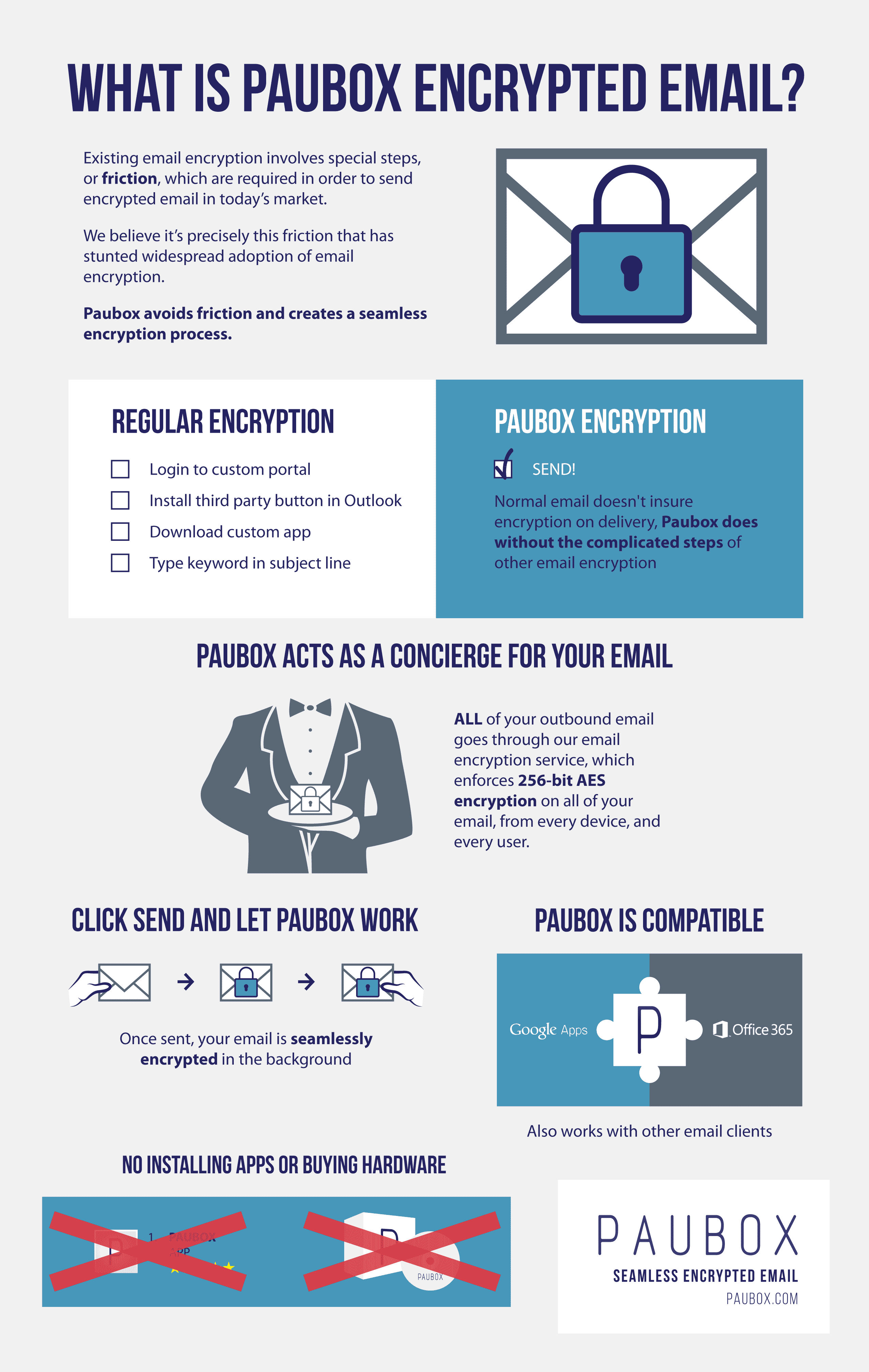
National Institute of Standards and Technology (NIST) suggests keeping audit logs for a minimum of six years to ensure transparency, accountability, and data integrity.
HIPAA (Health Insurance Portability and Accountability Act) requires covered entities (healthcare providers, health plans, and healthcare clearinghouses) to safeguard patients' protected health information (PHI). Audit logs must be maintained to track access to PHI, so that only authorized individuals are viewing or modifying the information. Regular monitoring and auditing of these logs are needed to identify any unauthorized access or security breaches, allowing for prompt investigation and resolution to protect patient privacy.
What are audit logs?
Audit logs are the digital footprint of activities within healthcare systems and electronic health records (EHRs). They document every access, modification, or attempted breach of patient data, providing insights into potential security incidents.
By maintaining audit logs, healthcare organizations can:
- Ensure accountability
- Detect anomalies
- Facilitate investigations
Go deeper: The role of audit logs in healthcare
Minimum retention period
HIPAA itself doesn't explicitly state a timeframe for audit log retention. However, the Department of Health and Human Services (HHS), which enforces HIPAA, relies on guidance from the National Institute of Standards and Technology (NIST).
NIST Special Publication 800-66 (NIST SP 800-66) suggests a minimum retention period of six years for "documentation of actions and activities." This is widely interpreted to include HIPAA audit logs.
Why six years?
The six-year window allows for thorough investigations into potential HIPAA violations. If a patient complains about a privacy breach that happened years ago, having the audit logs from that time period can help determine what transpired and who was responsible. Additionally, some legal claims related to healthcare data breaches can take years to resolve, making a longer retention period prudent.
Read also: What are the penalties for HIPAA violations?
State laws and best practices
While six years is the federally mandated minimum, some states have stricter data security laws that mandate longer retention periods for healthcare records. Providers must check their state's specific regulations to ensure compliance.
Even if it is not required by state laws, it is wise for providers to keep logs for longer than six years. Audit logs can be valuable for identifying trends and patterns of access or attempted access to PHI. More specifically, analyzing these logs over a longer timeframe can help providers identify subtle security risks that might be missed in a shorter window.
Tips for HIPAA compliance with audit logs
- Develop a data retention policy: This policy should outline how long providers retain different types of data, including audit logs. The policy should also address proper disposal methods for logs that have reached the end of their retention period.
- Store logs securely: HIPAA requires audit logs to be protected against unauthorized access, alteration, or deletion. This may involve encryption, restricted access controls, and regular backups.
- Review logs regularly: Regularly review logs for suspicious activity, such as unauthorized access attempts or unusual data queries, to identify and address security incidents early on.
FAQs
How long should audit logs be retained for HIPAA compliance?
While HIPAA doesn't specify a timeframe, it's recommended to retain audit logs for at least six years to ensure compliance with the HIPAA Privacy Rule.
What information should be included in audit logs?
Audit logs should capture details such as user access, modifications to patient data, timestamps, and any security-related events within the system.
How often should audit logs be reviewed?
Audit logs should be reviewed regularly to identify unauthorized access attempts, unusual activities, or potential security incidents. The frequency of review may vary based on organizational policies and risk assessments.
Read also: How to conduct a HIPAA compliance audit
Subscribe to Paubox Weekly
Every Friday we bring you the most important news from Paubox. Our aim is to make you smarter, faster.




